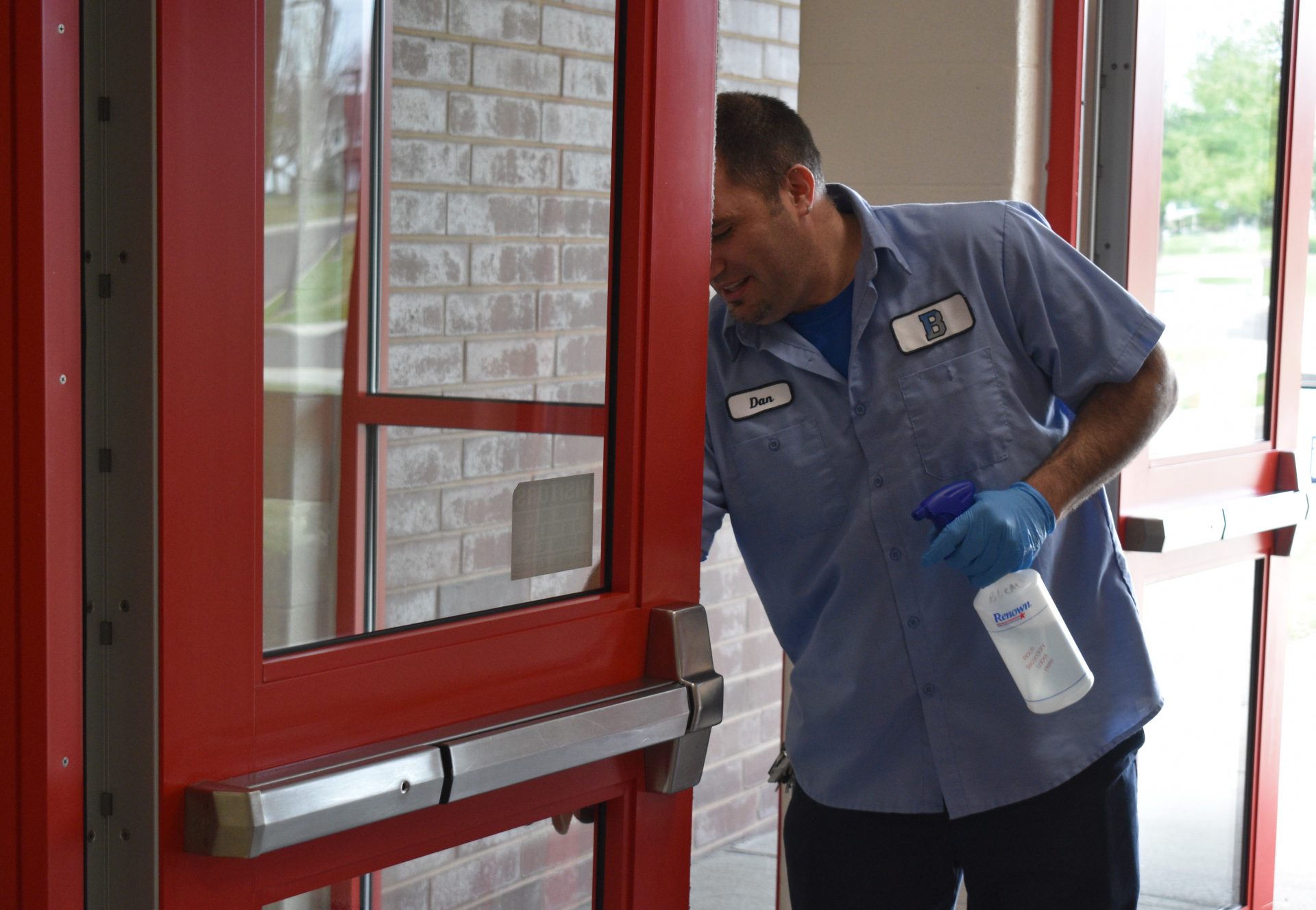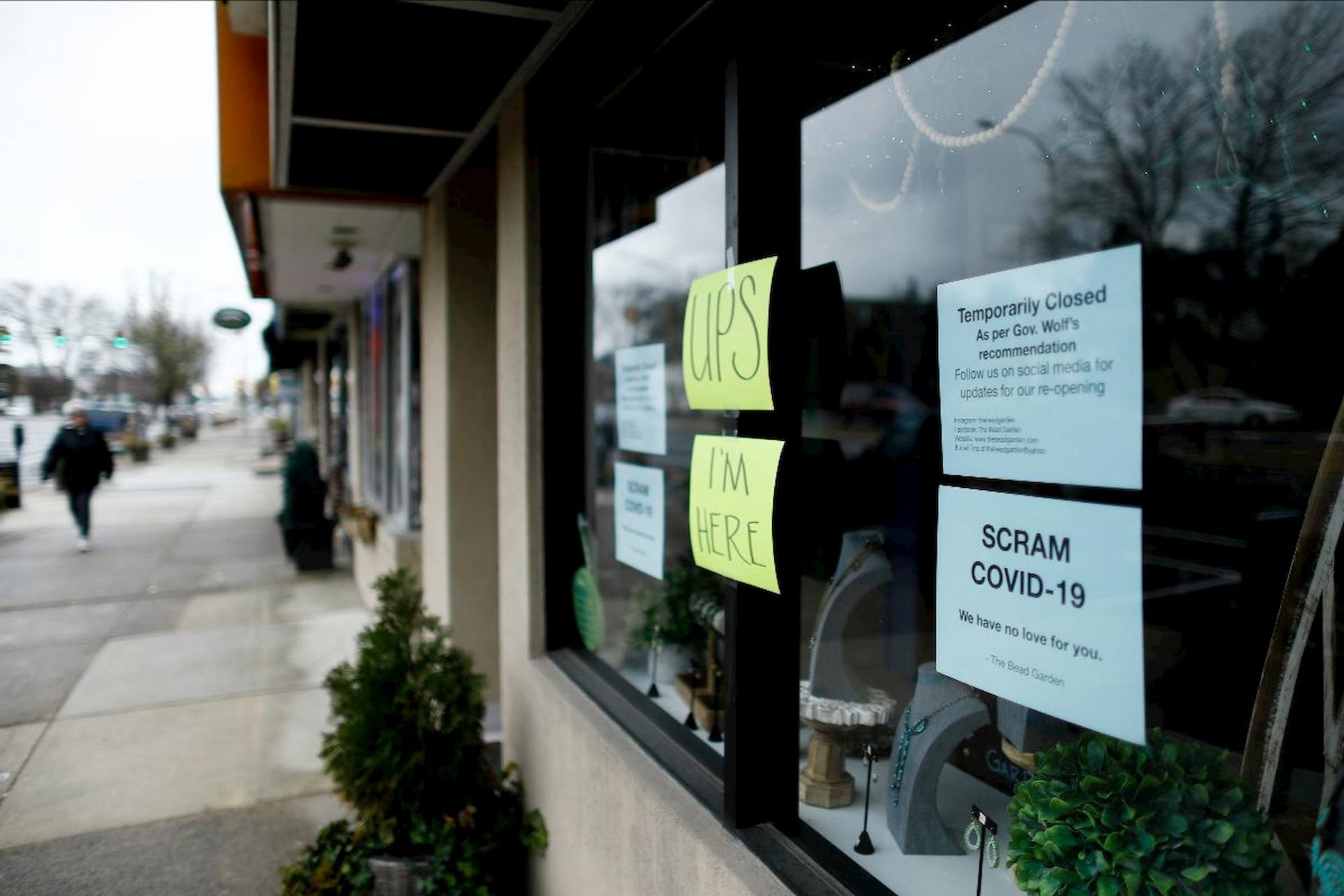
Poll workers are already calling out ahead of the April 28 primary
Emily Previti
Social distancing directives and COVID-19 fears didn’t do much to deter voting in special statehouse elections Tuesday. Some poll workers in those districts declined to work on Tuesday, but voting wasn’t disrupted as enough workers reported for duty despite worries about potential health consequences.
Meanwhile, calls for Pennsylvania to join the states delaying primary elections grew louder as election directors across the state said they were hearing from increasing numbers of poll workers who say they won’t work on April 28. Some county officials say voting venue hosts have been backing out, too, as increasingly stringent measures to combat the spread of the coronavirus are announced.
“The thing that surprised me the most, was how many … older adults came out, despite all the warnings,” said Democrat Phil Heasley Tuesday after visiting precincts in western Pa.’s 58th district (which Heasley lost to Republican Tim Bonner) .
Some voters wore gloves or brought their own pens to the polls. They found the voting stations stocked with hand sanitizer, while poll workers and custodians used disinfecting products to frequently wipe down voting machine touchscreens and other high-touch surfaces such as door handles.
“We’ve taken every precaution,” said Stephen Pawlowski, judge of elections in Bensalem Township Lower East District #2, a precinct in the 18th state House district.
“Sanitizers, wipes, alcohol swabs, big bottles of hand sanitizer. Before any (voters) came in, we sanitized the entire area. We did all our pens, we did all of our machines. We did the tables, and we have sanitizers out for everybody to use. We have tissues, we have alcohol wipes, and they’ve given us an abundant supply of rubber gloves that we have our staff changing all day,” he said.
Pawlowski said he wasn’t surprised Tuesday’s special election happened as scheduled, despite last-minute debate over canceling it. He said he believes officials provided a safe environment for voters and poll workers, but acknowledged the same approach might not cut it for the higher-turnout primary next month.
“We’ve also taken proper distance precautions here,” Pawlowski said. “But there are no crowds. Now, if there’s going to be crowds, that might be another question.”
Tuesday’s turnout met or slightly exceeded election directors’ expectations of between 10 and 15 percent (turnout is typically quite low for special elections).
Turnout in the 8th District was in that range in its Butler County section (11 percent) and higher in the Mercer County part (17 percent). In Westmoreland County, the 58th saw a 20 percent turnout, up from 17 percent for its last special four years ago for the adjacent state House district.
Turnout was 20 percent in 18th District, which lies entirely in Bensalem Township (Bucks County), versus 12 percent at the county’s last special in 2009, according to elections director Thomas Freitag.
Don Susten voted in the 18th District race on Tuesday because he said he always does, no matter what.
Susten said he had some concerns about COVID-19, but was reassured knowing he wouldn’t be waiting in a crowded polling place. As for the primary next month, it depends on what’s happening with the public health crisis, he said.
“If it’s like this or it got worse, there’s a good possibility I’d use a mailed ballot,” Susten said.
He said he doesn’t see any negative consequences with delaying the primary — but because there’s so little we know about the virus, things could be worse at a later date.
Eve Townsend, who’s worked the polls in Bensalem for a decade, said she thinks the election should be moved if the outbreak continues.
“I’m shocked that voters ventured out with all this hype about the virus and staying in your house and all that,” Townsend said.
She also said she didn’t recognize many of the other poll workers alongside her Tuesday.
“My neighbor, she’s worked here for years, longer for me. And then, at the last second, she was all set to come and her husband was like, you know, ‘You might not get it, but you could bring it to me.’ So, she just changed her mind at the last minute,” Townsend said.
Less than 24 hours before voting was to begin, the county had secured just half of the 135 election staffers needed Tuesday.
Those who called out, many of whom are older adults, declined to work because they’re worried about the coronavirus– in particular, that “social distancing edicts … would be impossible to maintain,” according to a statement from the county issued Monday after attorneys tried to get a court order to halt Tuesday’s election.
Late Monday, The judge rejected the county’s request for an injunction to delay the 18th District special election, which proceeded as scheduled.
So did the races for the 58th district in Westmoreland and 8th in Butler and Mercer counties.
Poll worker callouts also were reported in the western Pa. districts — but far fewer. And there wasn’t any official resistance to running the election — perhaps because none of those counties have confirmed positive tests of the virus.
Elections directors running the March 17 specials said they filled poll worker vacancies without too much trouble. But they noted that they were able to call on workers from other districts, an option that won’t be available on April 28 when all polling stations across the state will be open.
“If this is the case in April, that would be a problem because … we wouldn’t have these fill-ins,” Townsend said.
One worker called in from a neighboring district was Renee Donahey, who lives in Newtown (Bucks County) 10 miles from Bensalem.
“For me, it was a real question of whether I should do this because my 96-year-old-mother lives with me and has a heart condition,” Donahey said. “So, I essentially have put her at risk because I said I would do this weeks ago before this was a problem, I gave my word.”
In Blair County, Director of Elections & Voter Registration Sarah Seymour said she already knows she has no one to fill in. Seymour says poll workers started “calling off due to their health and fear of coronavirus” last week. So, she started calling her backup list.
“Every one declined to be a poll worker, some citing coronavirus,” Seymour said.
Officials also reported poll worker concerns or callouts over COVID-19 in Allegheny, Carbon, Montour, Monroe, Montgomery, York and other counties.
Seymour said election worker training — which usually means dozens of people gathering in close quarters — and moving polling locations out of nursing homes and schools have proved problematic, too.
Several counties canceled voting machine training, public demos or both within the past week. They include Dauphin, Delaware and Cumberland — three of 17 counties that intended to debut election systems during the primary ahead of the presidential election in November
Lancaster decided last week to conduct poll worker training online, said chief elections clerk Randall Wenger.
Wenger also said just four election board members in his county have expressed concerns about working the April 28 primary. Fulton, Warren and Wayne counties reported zero.
But more often, counties who responded to PA Post questions say they’re already losing polling places, workers or both. Their concerns about running the primary as planned have escalated along with the public health crisis.
“No one know where we’re going to be in six weeks. What I’m hearing in terms of poll workers not being willing to serve … we will have a serious problem in being able to deliver the primary,” says Dauphin County Election Director Jerry Feaser.
Officials from five counties drafted a letter urging Gov. Tom Wolf to postpone the April 28 primary, The Philadelphia Inquirer reported Tuesday.
Feaser says additional counties have relayed the same request to the Department of State over the course of the past week or so. Some – including Dauphin and Montgomery – are calling for an all-mail primary as well, though others have qualms about that approach.
Gov. Tom Wolf has said he will wait until a date closer to April 28 to decide how to proceed.




